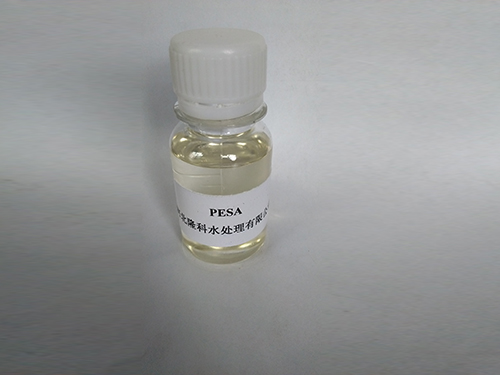corrosion & scale inhibitors
Corrosion and Scale Inhibitors Essential Solutions for Industrial Applications
Corrosion and scale formation are prevalent issues across various industries, particularly in sectors such as oil and gas, power generation, and water treatment. These phenomena not only compromise the integrity and efficiency of equipment but also lead to significant financial losses. To combat these challenges, corrosion and scale inhibitors have emerged as essential tools in maintaining operational efficiency and safeguarding infrastructure.
Understanding Corrosion and Scale
Corrosion is a natural process that occurs when metals react with environmental elements, such as oxygen and moisture, leading to deterioration. Common types of corrosion include uniform corrosion, pitting, galvanic corrosion, and stress corrosion cracking. On the other hand, scale formation is the accumulation of hard, mineral deposits, often composed of calcium, magnesium, and other inorganic compounds found in water. When water is heated, these minerals can precipitate, leading to scale build-up on surfaces such as pipes, boilers, and heat exchangers.
Both corrosion and scale can severely affect the performance of industrial systems. Corrosion can lead to leaks, failures, and increased maintenance costs, while scale reduces heat transfer efficiency, requiring more energy to operate systems. Thus, preventing these issues is crucial for delivering reliable and cost-effective industrial operations.
Corrosion Inhibitors Mechanisms and Types
Corrosion inhibitors are chemical compounds added to liquids or gases to reduce the rate of corrosion. They can work through various mechanisms, such as forming a protective film on the metal surface, altering the medium's properties, or neutralizing corrosive species. Inhibitors can be categorized into several types
1. Anodic Inhibitors These work by interfering with the anodic reaction in the corrosion process, effectively reducing the corrosion rate.
2. Cathodic Inhibitors These inhibitors function by affecting the cathodic reaction, thereby slowing down the overall corrosion rate.
3. Mixed Inhibitors As the name suggests, these affect both the anodic and cathodic processes, providing broad-spectrum protection.
4. Volatile Corrosion Inhibitors (VCIs) These compounds release volatile chemicals into the air, which condense on the metal surfaces, offering corrosion protection in enclosed spaces.
corrosion & scale inhibitors

The choice of a corrosion inhibitor largely depends on the specific application and environmental conditions, including temperature, pH, and the presence of other chemicals
.Scale Inhibitors Mechanisms and Types
Scale inhibitors are chemicals specifically designed to prevent the formation of scale or to aid in its removal once it has already formed. These inhibitors function primarily through the following mechanisms
1. Threshold Treatment Some inhibitors keep scale-forming ions in solution, delaying precipitation, thus preventing the formation of scale.
2. Dispersants These chemicals help keep precipitated scales suspended in the liquid, preventing them from adhering to surfaces.
3. Sequestering Agents These agents bind with scale-forming ions, rendering them inert and reducing their tendency to precipitate.
Common types of scale inhibitors include phosphonates, polyacrylates, and various organic polymers. The selection of scale inhibitors depends greatly on the water chemistry and the specific scaling salts present.
Conclusion The Path Forward
Corrosion and scale management is a critical component of industrial operations. The development and implementation of effective corrosion and scale inhibitors can lead to increased equipment lifespan, reduced downtime, and significant cost savings. As industries continue to face the challenges posed by harsh environments and evolving regulatory standards, the role of these inhibitors will only increase in importance.
In conclusion, investing in the right corrosion and scale inhibitors is essential for businesses to maintain efficiency and enhance the durability of their infrastructure. By understanding the mechanisms and types of these inhibitors, industries can better tailor their approaches to manage corrosion and scale effectively, ensuring long-term operational success.
-
Understanding Polycarboxylic Acids: Properties, Applications, and Future PotentialNewsJul.28,2025
-
Scale Inhibitor Explained: How to Protect Your System from Limescale and Hard Water DamageNewsJul.28,2025
-
Scale and Corrosion Inhibitors: Essential Chemicals for Industrial Water System ProtectionNewsJul.28,2025
-
Polyaspartic Acid: A Biodegradable Polymer for Sustainable ChemistryNewsJul.28,2025
-
Isothiazolinones: A Versatile Antimicrobial Class with Industrial Power and Regulatory ChallengesNewsJul.28,2025
-
A Deep Dive into 2-Phosphonobutane-1,2,4-Tricarboxylic Acid (PBTC)NewsJul.28,2025





